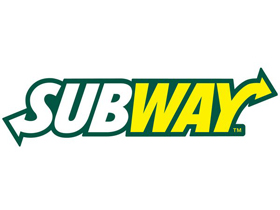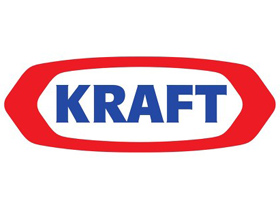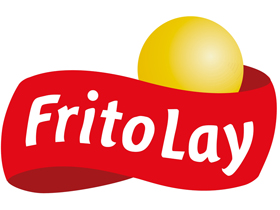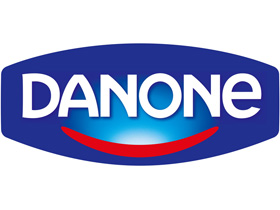Paulig is one of the most respected and beloved companies in Finland, supplying consumers with tea, spices and, of course, their famous coffee. In a country where there is a whole cult of this drink, it is Paulig they love and prefer, consider it their “home” brand. Company Paulig was founded in 1876 by a native of the German city of Lübeck (Lübeck), the son of a gardener - Gustav Paulig (Gustav Paulig) in Helsinki, Finland (Helsinki, Finland). The symbol of product quality was the letter "P" developed by the founder - from Paulig, which for a long time was printed on all packages of products sold. Its creator laid the foundation for the company's activity - quality, "quality without compromises". Subsequently, another symbol of the company - the girl Paula, dressed in a national costume, becomes almost a symbol of the whole of Finland.
The company was engaged in the import of spices, coffee, spirits and quickly achieved success, entering the almost virgin, at that time, food market.
In 1904 Paulig for the first time begins not only to sell coffee, but also to roast it. Before that, coffee bean roasting was a customer business: when you bought green coffee beans, you had to roast them yourself to your liking. Slowly but surely, sales of roasted coffee have surpassed, and now almost entirely replaced, sales of green beans; the right of choice for those who like to enjoy the process of making coffee was unobtrusively, taken away with care for the consumer, and today's generation of children thinks that coffee is harvested that way - brown beans.
Bringing your product closer to the customer Paulig were also the first to sell coffee and spices in handy little packages and put the production date on the packages. In 1929, the company launches its first coffee blends: Juhla and Presidentti. The inability to sell coffee during the Second World War led to an increase in the company's interest in a new type of product - frozen food: vegetables, fruits, berries. Paulig one of those companies that have made a significant contribution to the development of the so-called "food culture", a well-developed information support network, the release of printed materials, a high level of service provided support for attracting customers.
Gradually Paulig focuses its activities on the production of coffee and spices, refusing other products. Confidently conquering new markets, in the 90s Paulig comes to the Baltic countries, and then to Russia, Ukraine and other former republics of the USSR. Today, the share of the former republics accounts for one fifth of the company's turnover.









